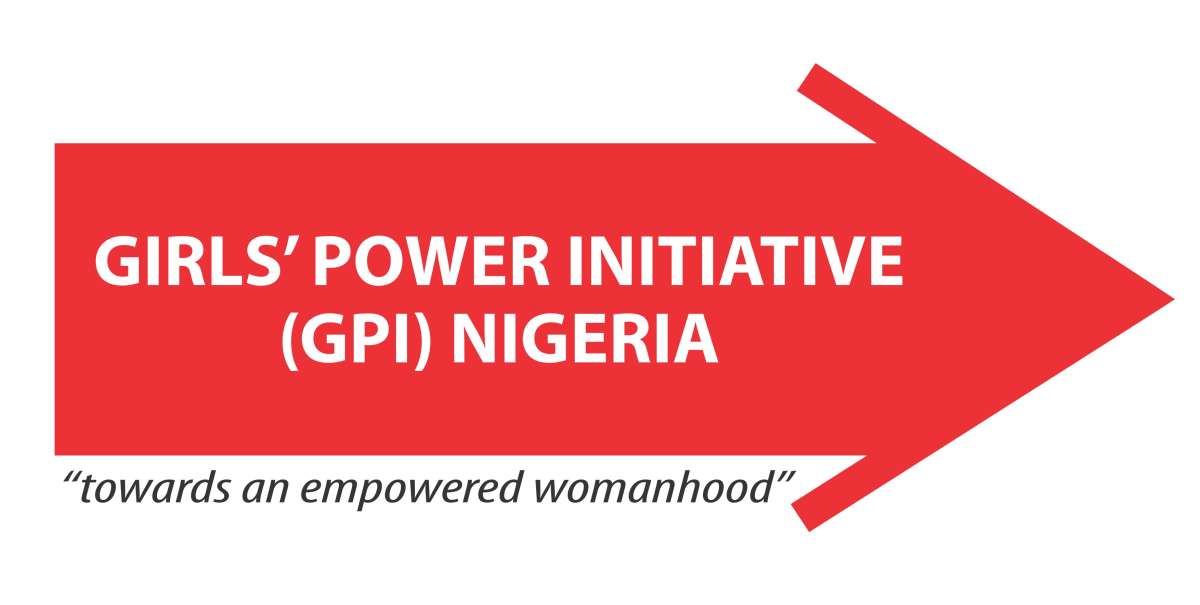According to Oxford dictionary, Conflict is a clash or disagreement between opposing groups that is often violent and Crisis is an unstable situation or time of difficulty in the political, social, economic or military affairs that must be solved for important decisions to be made.
All children have a right to be protected from violence, exploitation and abuse. Yet millions of children worldwide from all socio-economic status and cultures suffer violence, exploitation and abuse every day. In Africa, Conflict and Crisis has become a norm, this is a serious problem because it affects children and limits their hope for a better future. The effects of conflict and crisis on children are numerous and in addition to the mental and psychological effects, their rights are violated. Children are vulnerable and their rights to life, survival and development, rights to education, fair hearing, live in a family environment and access to health care need to be protected.
Violence and instability prevents children from getting educated. In Syria, Iraq, Yemen and Libya alone, it is reported that nearly 9000 schools are out of use because they have been damaged and destroyed. During conflict and crisis, schools are attacked and children’s right to education are denied. As the violence expands and the educational system crumbling, millions more are at risk of becoming a lost generation deprived of knowledge and skills needed to be successful adults. Every child regardless of the child’s gender or religion, should have access to education for it is a vital investment, enabling children to build their own lives and the future of their society as well.
Children are also used as child-soldiers and are most times victims of sexual abuse. This was seen in the Sierra Leone war were an estimated 10,000 children were recruited or used by armed forces and at least 692,000 children suffered sexual abuse and the girl-child are mostly at risk of rape, teenage pregnancy and sexually transmitted infection. In 2002, almost half the state engaged in conflict were using children under the age of 15 in their armed forces. Children are also endangered to kidnapping and death. In Nigeria, the Boko Haram terrorist sect who had claimed responsibility of most terror attacks in the North-East and has been blamed for nearly 4000 deaths in 2014, attacked a Government Secondary School in Chibok town, Borno state on the night of 14-15 April, 2014. This led to the kidnap of 276 female students and 4 of the students who escaped from the sect camp said they were sexually abused. These actions violate the children’s rights to living in a family environment, survival and development.
In times of Crisis, children face increased risk of all forms of violence and exploitation which may separate them from their families, economically exploited, vulnerable to trafficking and other vices. More so, girls and boys are particularly vulnerable because of gender, race, ethnic origin or socio-economic status. Higher level of vulnerability are often associated with children with disabilities who are orphaned, indigenes of ethnic minorities and other marginalised groups. According to Rev. Fr. Mark Hyde the executive director of Salesian Missions he said that “All children deserve a chance of a better life to support themselves and help their communities”.
Violence, exploitations and abuse are also often practiced by someone known to the child, including parents, other family members, caretakers, teachers, employers, law enforcement authorities, state and non-state actor, and other children. Only a small proportion of act of violence, exploitations and abuse are reported and investigated, and few perpetrators are held accountable.
The need to protect children’s right cannot be over emphasized and they should be made priority in terms of conflicts and crises. One way to protect children in emergencies is to reduce stress and support children healthy development through recreation and play. The International Rescue Committee (IRC) also runs support programmes for parents raising children in some of the toughest circumstances imaginable. Caregivers should also reduce family violence, harsh discipline and physical punishments, this will help improve their communication with the caregivers. The government should support the educational systems of children who are victims of conflict and crisis by training teachers on how to help overcome the trauma and psychological effects by learning, provide learning materials and expansion of information services on the detriments of conflicts. They should also stop those armed forces using children for their works, because if they end up killing we children who will take after the society of tomorrow?
—————————————————
Article written by Magbuwe Vera, Airouyuwa Happy Iyamu and Eboigbe Irene (2015 GPI Outreach Graduates from Evbareke Secondary School, Benin City, Edo) to commemorate the 2016 Day of the African Child.
